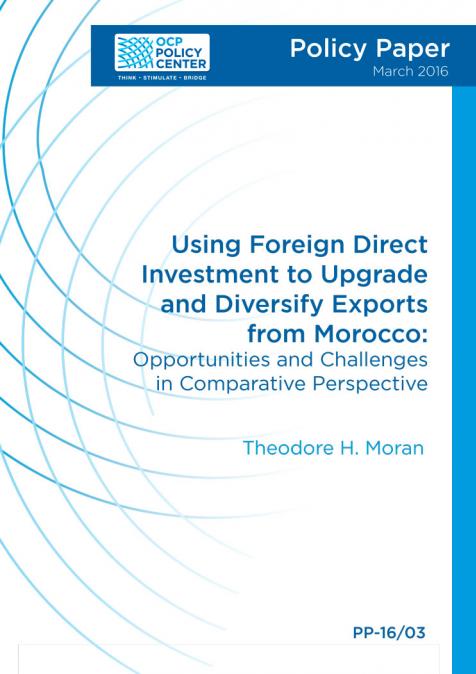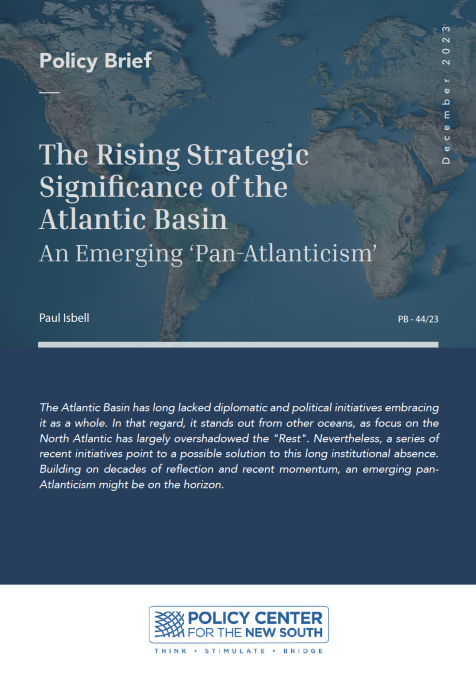Publications /
Policy Paper
Developing countries that manage to upgrade and diversify their export profile grow more rapidly and achieve greater welfare gains than countries that simply export larger volumes of what they have traditionally produced.
This discussion paper examines what market imperfections and other impediments make the task of using FDI for structural transformation so difficult. Drawing on country case studies from Malaysia, Costa Rica, the Czech Republic, and South Africa, the paper identifies best practices for making progress, on the one hand, and examining impediments that lead to failure, on the other.
This study has been prepared to serve as the basis for a workshop at which on-the-ground practitioners in Morocco can view their country’s efforts at structural transformation in light of similar experiences elsewhere. The objective is to highlight accomplishments and raise questions about future obstacles for Morocco’s aerospace sector, for the automotive cluster in Tangier Med, for OCP, and for investment promotion via the Moroccan Agency in Charge of Promoting Foreign Direct Investment .




